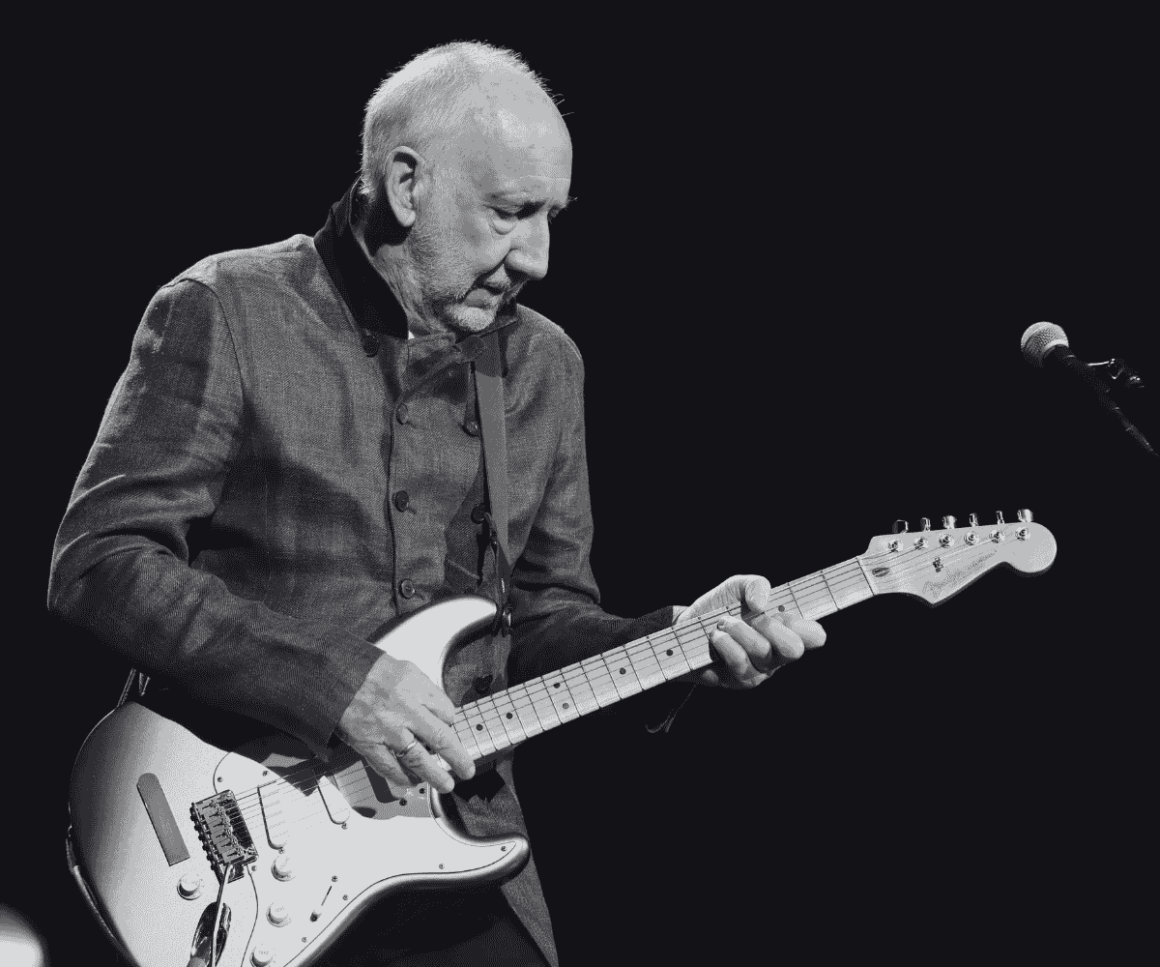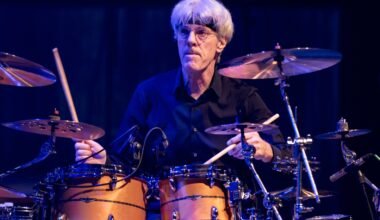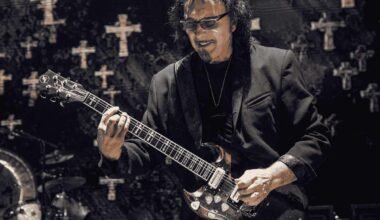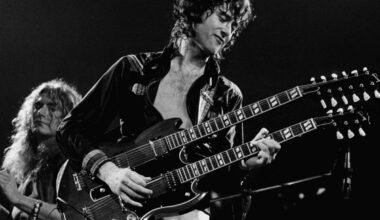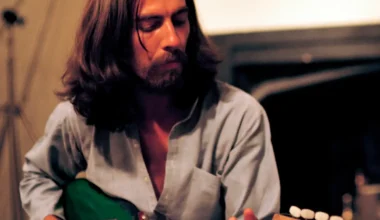Creating an album is never a simple task for any artist. It’s more than just arranging songs in an order that flows; the challenge lies in crafting a cohesive collection where the tracks speak to each other.
When those songs are personal, it becomes even harder to share them with the world, as the album inevitably takes a part of the artist with it. For Pete Townshend, one project with The Who left him with lasting creative scars.
Though not the founder of The Who, Townshend was the driving force that transformed the band into superstars. He spearheaded their transition to a louder, more forceful sound, and while their early days were filled with R&B covers, Townshend’s writing took the band to new heights. Songs like “My Generation” perfectly captured the energy of London’s Mod scene, especially in the wake of the British Invasion.
Despite the success, Townshend was never content with just making pop songs. He realized with “A Quick One While He’s Away” that he could craft music that told a more complex story. No longer did a hit song have to fit into the traditional three-minute format. This revelation paved the way for Tommy, a rock opera that showcased Townshend’s vision in full force.
However, when Tommy became a massive success, the record label inevitably came knocking, asking for a follow-up. This time, Townshend aimed for something even more ambitious—Lifehouse.
The concept, however, proved convoluted and difficult for others to grasp, and it ran the risk of echoing too much of what Tommy had already done. The main character, Bobby, lived in a dystopian future where he was fed entertainment, not far off from the iconic deaf, dumb, and blind protagonist of Tommy.
Townshend had the material, but his mental health began to suffer as the project spiraled out of control. The rest of The Who, recognizing this, refused to push him further just for commercial gain.
After a breakdown during one of the many frustrating sessions, Townshend abandoned Lifehouse and instead delivered Who’s Next, an album that turned out to be one of the band’s best, with iconic tracks like “Won’t Get Fooled Again.”
Yet, the scars from Lifehouse remained. In an interview with Guitar World, Townshend recalled the toll it took on him: “By the time Who’s Next was recorded, for the third time in my life, with Glyn Johns at Olympic Studios, I had very little interest in it.
I’d been damaged by the Lifehouse project. I came up with this fantastic idea, and it was going to be the great follow-up to Tommy. Unfortunately, nobody was getting it.”
Although Lifehouse never reached its full potential, Quadrophenia was proof that Townshend had learned from his earlier struggles. His second rock opera had a darker, more somber tone compared to Tommy, but by then, Townshend had mastered the form. Songs like “Love Reign O’er Me” and “The Real Me” captured a sense of grandeur that was unmistakable.
While Lifehouse may have left painful memories for Townshend, sometimes it’s through these creative struggles that artists discover their true brilliance. Though we’ll never know what Lifehouse might have sounded like in the 1970s, Townshend can take comfort in knowing that some of rock’s greatest anthems came out of his turbulent journey.

